Lost Children and Political Games
Apt. 11D
Laura McKenna's Publications and Posts
Lost Children and Political Games
October 16, 2020
In early March of 2020, when the infection rates were sky high in New York City and its suburbs, I shouted on social media at Bill deBlasio (I am sure that he was very afraid) for not shutting the schools and the subways. Eventually, he did it, along with every other school district in the country. It was necessary at that time. And with vigilant mask-wearing and extreme social distancing, we brought down our infection rates in the spring here in the Northeast.
But there were costs.
I’ve written quite a bit about the impact of school shutdowns on my son with special needs. With only an hour of live classes per week, he was a mess -- he developed verbal tics and his speech skills regressed. He missed structure, routine, and school itself. He had no interaction with peers for months. Even after multiple heated zoom meetings with school administrators, I was never able to get him more live face-to-face time with his teachers. His education largely consisted of worksheets and YouTube videos.
Because my husband and I have resources and social capital, we supplemented. I hired his teachers to talk to him during the school day. I stopped working and tried to replicate a school day here at home. Others have not been so lucky. Plenty of kids, especially young, low-income, or disabled kids, are still learning little and are extremely isolated. Yes, things have improved since the shitshow of this spring, but most schools are still not operating normally, even though schools are not super-spreaders.
Now, you would think that these observations -- kids suffered this spring, and continue to suffer now -- would not be controversial or political. Those truths should be self-evident to anyone with eyeballs and a modicum of sensitivity. But politics muddied that story. With the unions supporting closures and Trump pushing back on them, schools became the football in a political scrimmage. So most of the media’s coverage of school closures emphasized the risks of infection, and rarely mentioned the cost on children and families. (Some great links and overview from Alexander Russo in his education newsletter.)
That is starting to change. We’re starting to hear more about the costs, like the plummet in school pre-K enrollment in Chicago’s all-remote schools, and we’re hearing quotes, like “While we’re seeing similar trends across the country, the stunning decline among Black children enrolled in pre-K casts a somber light on how the pandemic and remote learning negatively impact our youngest learners,” LaTanya McDade, CPS’ chief education officer, said in a statement.
Alex McGillis’s story, “The Students Left Behind By Remote Learning,” is a must read.
But one should not end a newsletter on a sad note. One hope is that this pandemic is exposing the long standing cracks in the system, such as the lack of adequate child-care in our country and the inequities between rich and poor schools, and that as we rebuild our country, we can make things better. I've been interviewing teachers for the past couple of weeks and hearing some surprising stories of promise. But that's an article for another day.
Snapshots
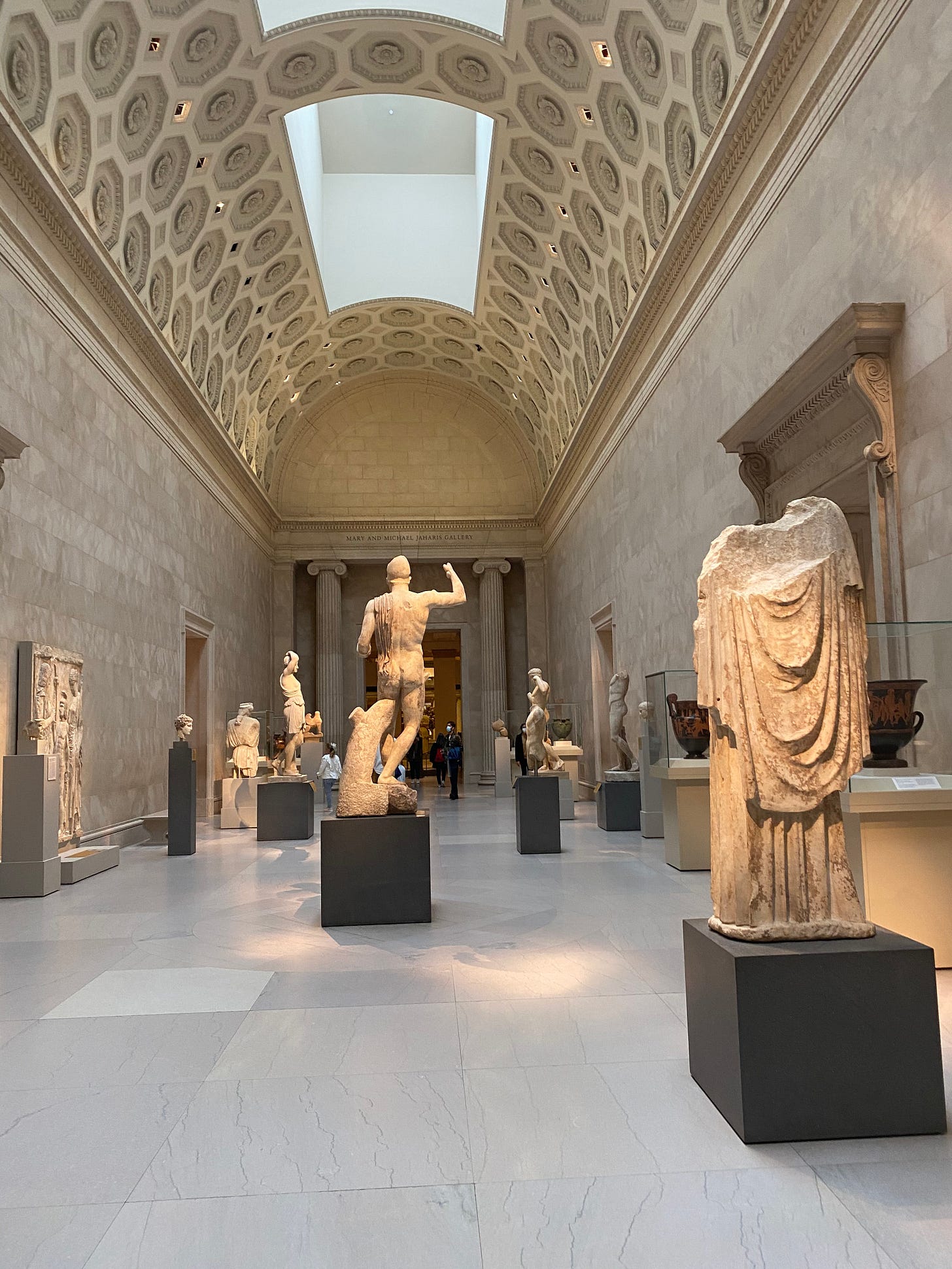
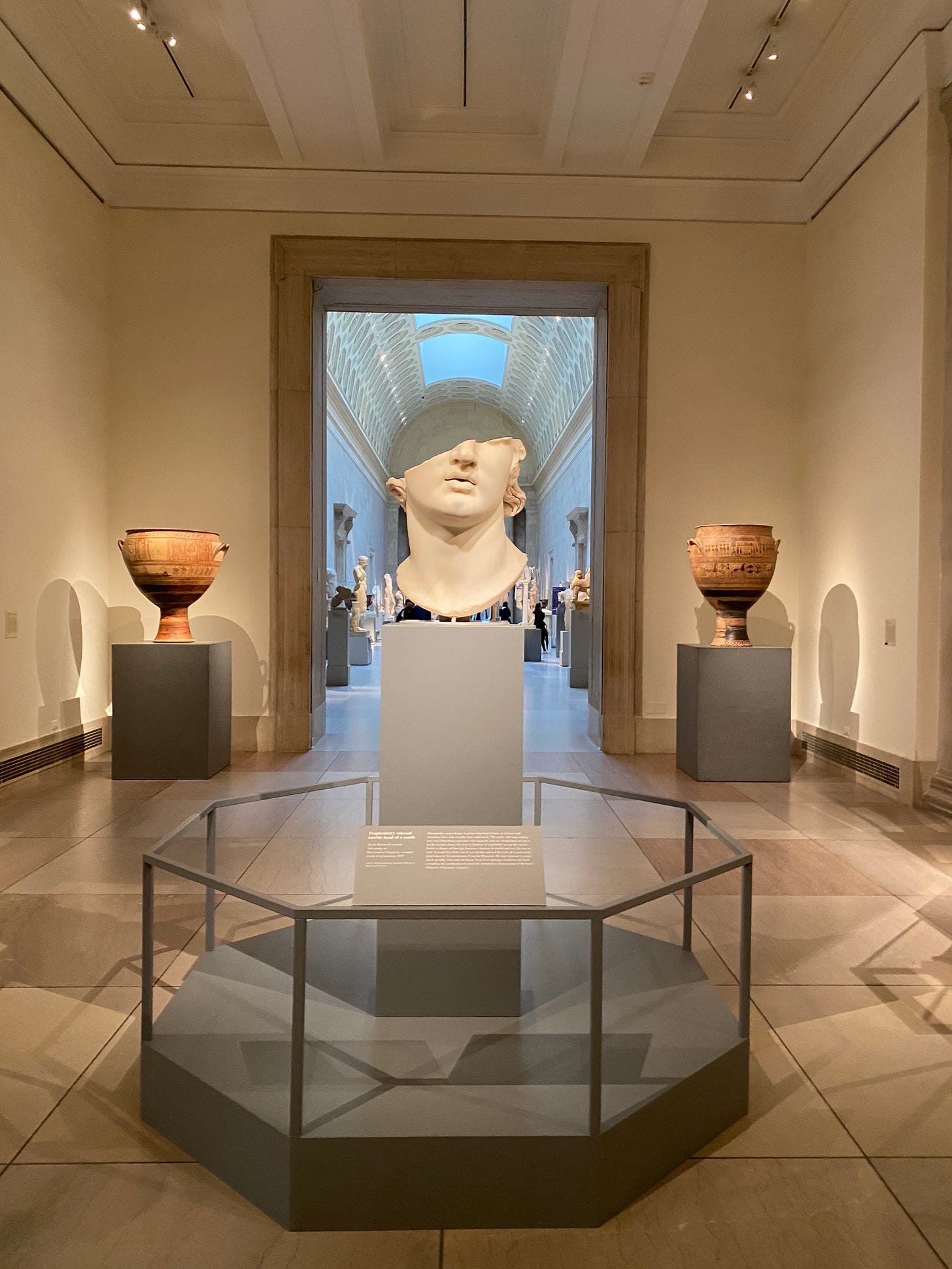
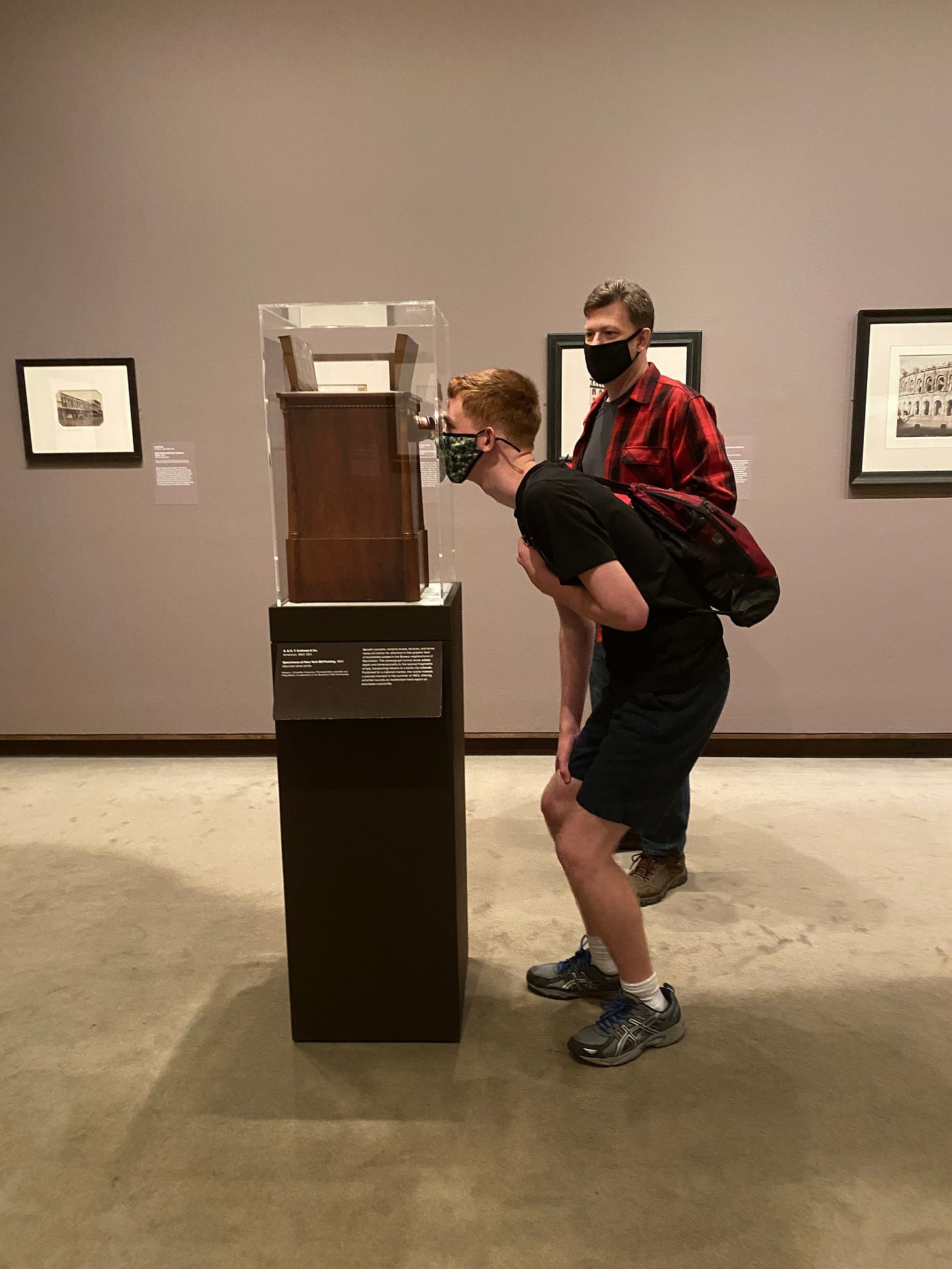
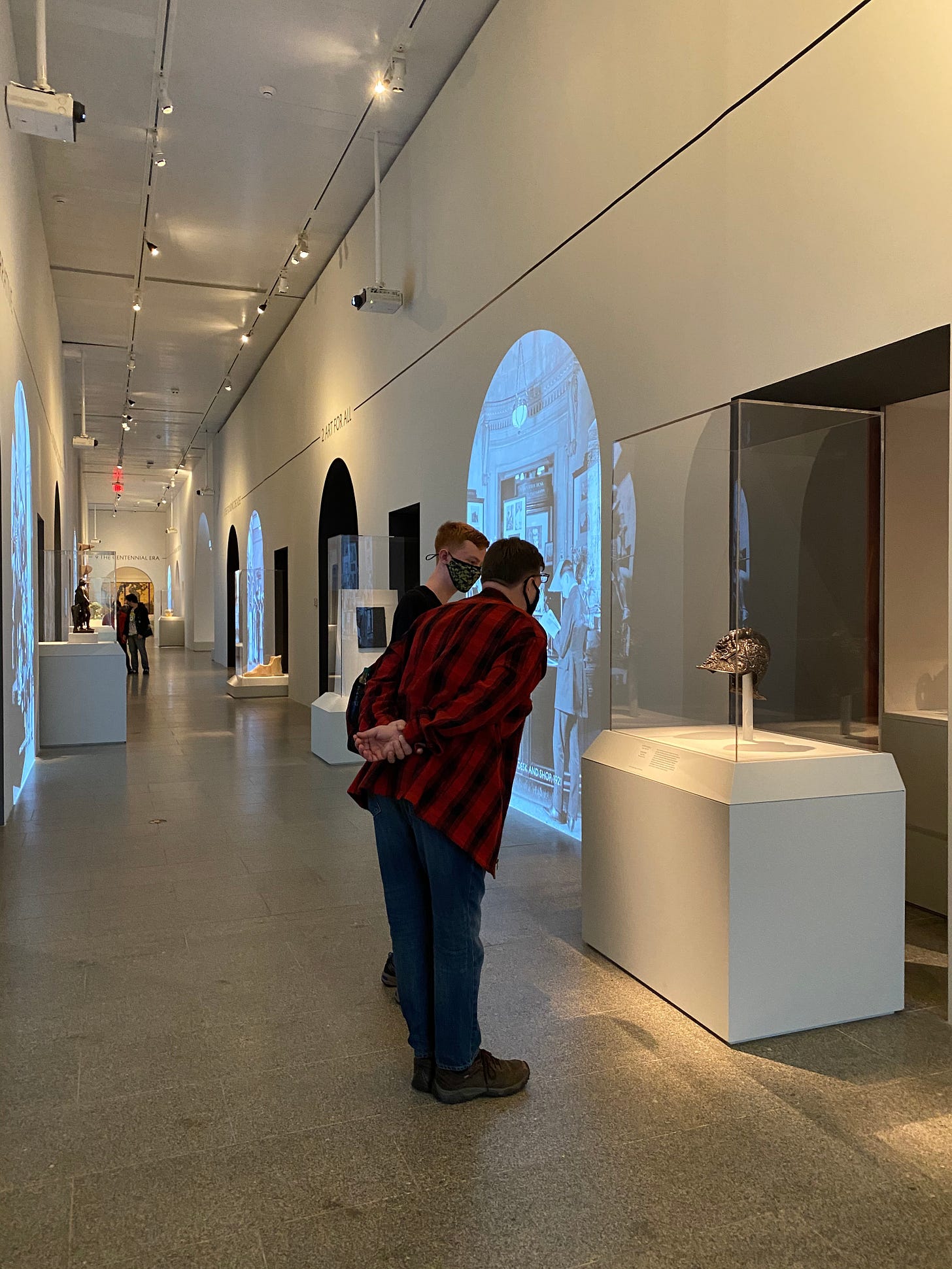
Links
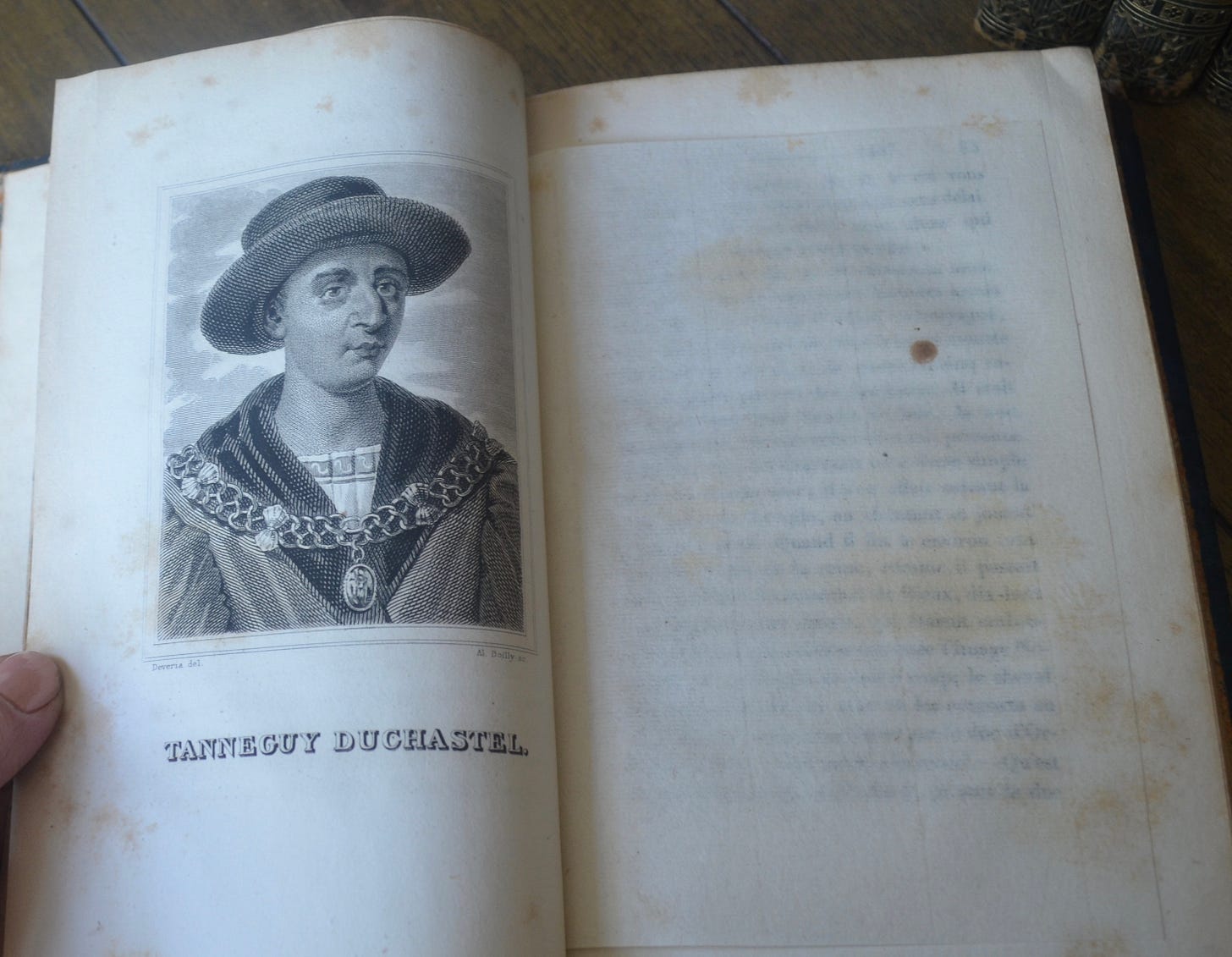
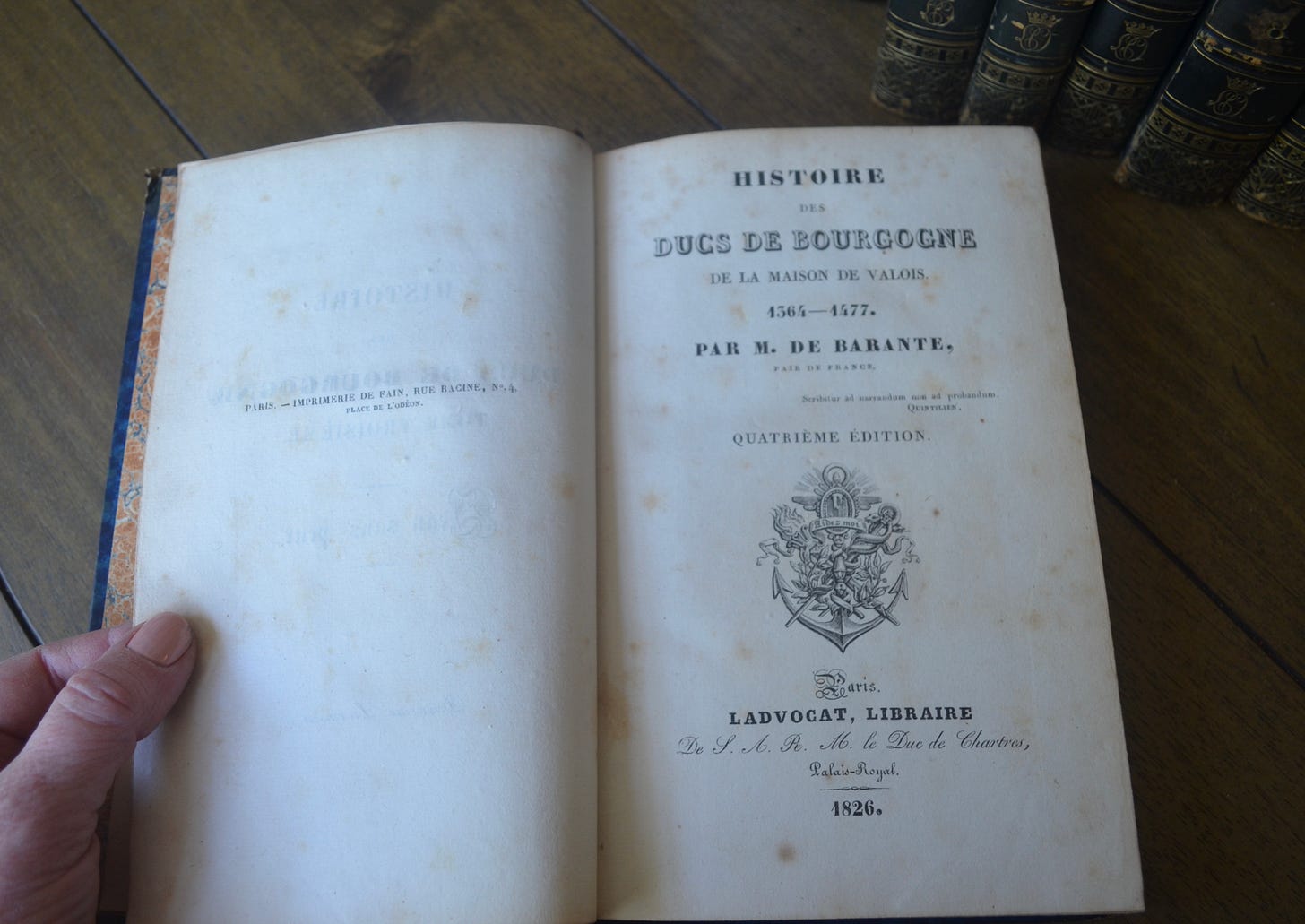
On the blog, I wrote about:
feeling like we're living in a science fiction novel.
Ian’s video game of the week? Fallout 4.
Now that he no longer has a daily three-hour commute, Steve’s finding a new life. He’s running again (necessitating a new Fitbit) and volunteering with the local historical society.
We continue to move furniture around our office to make it work for both of us. We still have a guest daybed in there, but its days are numbered. I think it’s time for me to invest in some better video conference lighting.
I am not handling the news about Eddie Van Halen very well.
Binge-watching - Mrs. Maisel Brain-break book -- World Without End
For dinner tonight - grilled pork chops with spice rub, roasted fingerling potatoes (slice them in half for extra crispy goodness), braised cabbage

